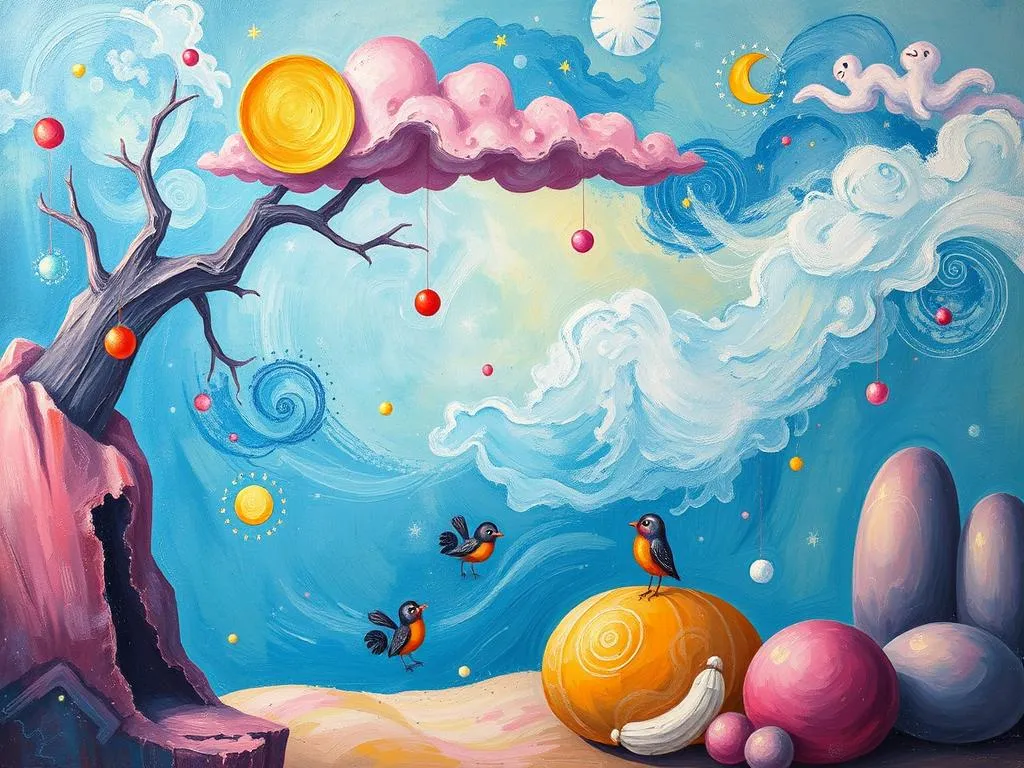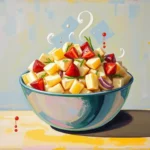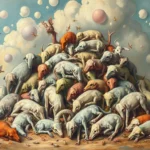
Dreams have long fascinated humanity, serving as a window into our subconscious minds. Among the myriad of dream themes, the concept of diverting stands out, often evoking a mix of curiosity and introspection. What does it mean when we dream of diverging paths, unexpected turns, or changes in direction? This dream symbolism can resonate deeply, reflecting our waking life choices and emotional states. As we explore the nuances of diversion in dreams, we uncover layers of meaning that can help us understand our inner selves and guide us toward personal growth.
Symbolism and Meaning
At its core, the idea of diversion in a dream symbolizes change, choice, and direction. When a dreamer finds themselves diverting, it often signifies a departure from the current path in life, indicating that they may be contemplating significant decisions or experiencing a shift in their circumstances.
Several common symbols can appear in conjunction with the theme of diversion. For instance, roads or paths are frequent motifs in dreams. A diverging road can represent choices, suggesting that the dreamer faces multiple options in their waking life. The state of the road—whether it is smooth or rugged—can reflect the ease or difficulty of the decisions ahead.
Water is another symbol that may accompany diversion. Water often embodies emotions and the subconscious mind. A dreamer who finds themselves diverting towards a body of water might be encouraged to explore their feelings more deeply or consider how their emotional state affects their life choices.
Animals can also play a role in diverting dreams; for example, encountering a deer could symbolize grace and a gentle nudge towards a more peaceful life path. Conversely, encountering a more aggressive animal may indicate the need to confront fears or obstacles that hinder progress.
Different interpretations arise from how the dreamer perceives the act of diversion. For some, it may represent a fear of losing control or uncertainty about the future. For others, it may evoke a sense of liberation, suggesting the excitement of new beginnings. Ultimately, the meaning hinges on the dreamer’s personal feelings about the diversion and the context of their current life experiences.
Key Scenarios and Variations
Dreams of diversion can manifest in various scenarios, each carrying its unique implications. One common scenario is the dreamer finding themselves at a crossroads. This moment often symbolizes a crucial decision point in life where the dreamer must choose between different paths. The emotional response to this crossroads—whether it be anxiety, excitement, or confusion—can provide insight into how the dreamer feels about their current situation.
Another variation involves a detour. In this scenario, the dreamer may be navigating through unfamiliar territory due to an unexpected turn of events. This can signify feelings of being sidetracked or encountering obstacles in waking life. A detour in a dream often invites the dreamer to reflect on what has led them to this point and encourages them to adapt to changes with resilience.
In some dreams, the act of diversion might be more literal, such as driving or walking in a new direction. If the dreamer feels a sense of adventure and curiosity during this experience, it may indicate a readiness to embrace new opportunities. However, if the diversion feels forced or unsettling, it may suggest underlying fears or resistance to change.
Time can also play a significant role in diversion dreams. For example, if a dreamer finds themselves diverting back to a familiar place from their past, it may signify unresolved issues or a desire to revisit old memories. This can point to a need for closure or reflection on how past experiences have shaped their current choices.
The nature of the diversion—whether it is welcomed or resisted—can further illuminate the dream’s meaning. A dreamer who actively chooses to divert might be embracing growth and transformation, while one who feels pushed into diversion may be grappling with feelings of helplessness or lack of agency.
Real-Life Connections and Takeaways
Understanding the symbolism of diversion in dreams can provide valuable insights into real-life situations. As you reflect on your own dreams of diversion, consider the following questions: What choices are currently on your mind? Are you feeling overwhelmed by the possibilities, or are you excited about the potential changes?
Begin by journaling about your dreams. Write down the details of your diversion dreams, including the emotions you felt during the experience. This practice can help you uncover patterns or recurring themes in your dreams that might mirror your waking life.
Consider how the diversion reflects your current circumstances. Are you at a crossroads in your career, relationships, or personal goals? Acknowledging these moments of decision can empower you to take proactive steps toward your desired path. If you find yourself resisting change, explore the underlying fears that may be holding you back.
Engaging in self-reflection is essential for personal growth. Take time to meditate or speak with a trusted friend about your dreams and feelings. Sometimes, articulating your thoughts can clarify your desires and fears.
Lastly, remember that while dreams can provide guidance, they are ultimately a reflection of your subconscious mind. Embrace the insights they offer, but also recognize that you have the power to shape your own path. Whether you choose to embrace a new direction or navigate back to familiar territory, the journey of self-discovery is uniquely yours.
In conclusion, dreams of diversion can serve as potent reminders of the choices we face in life. By exploring the symbolism and variations of these dreams, we can glean insights into our emotions and circumstances. As you continue to reflect on your dreams, allow them to guide you toward clarity and personal growth, empowering you to make choices that resonate with your true self.







